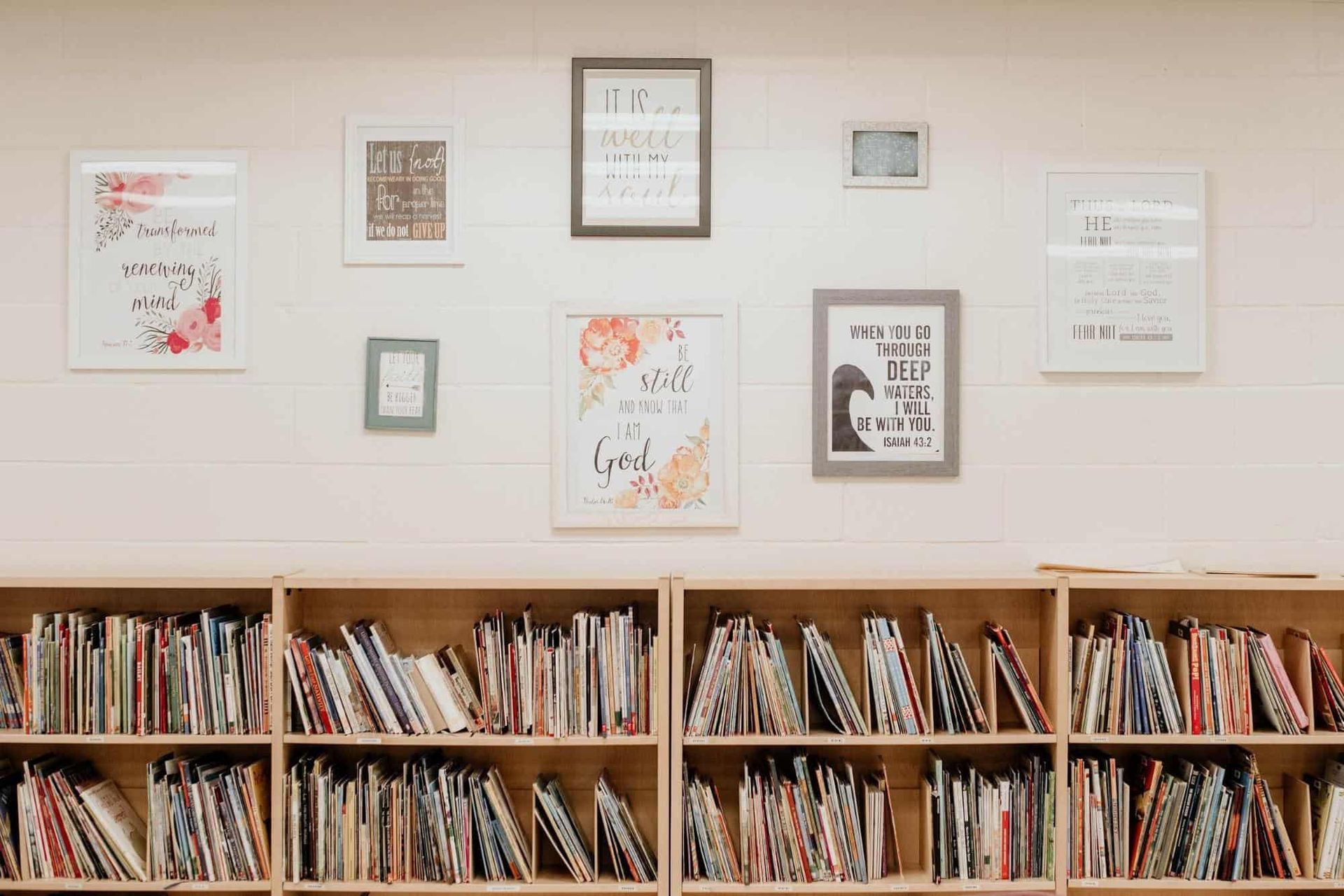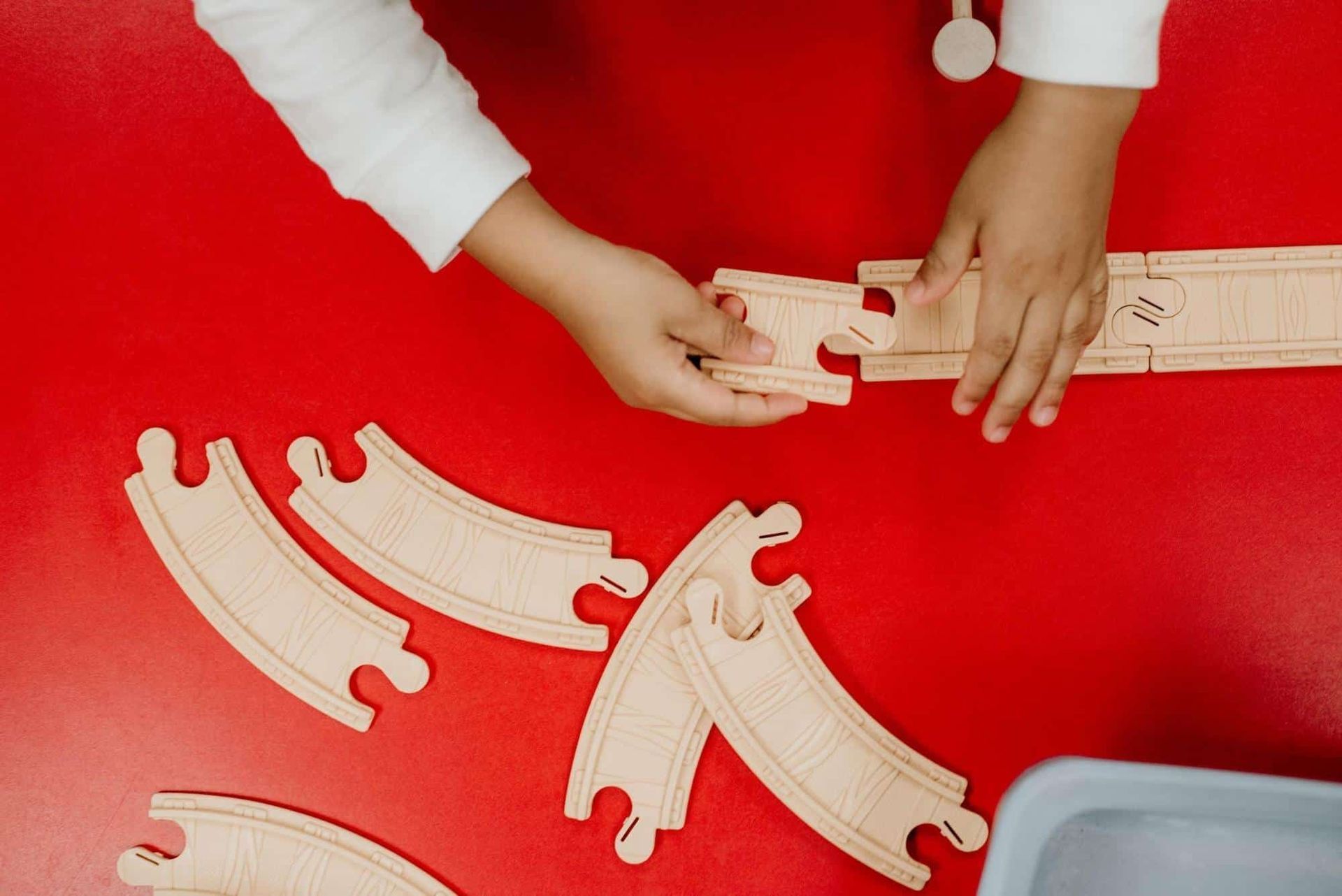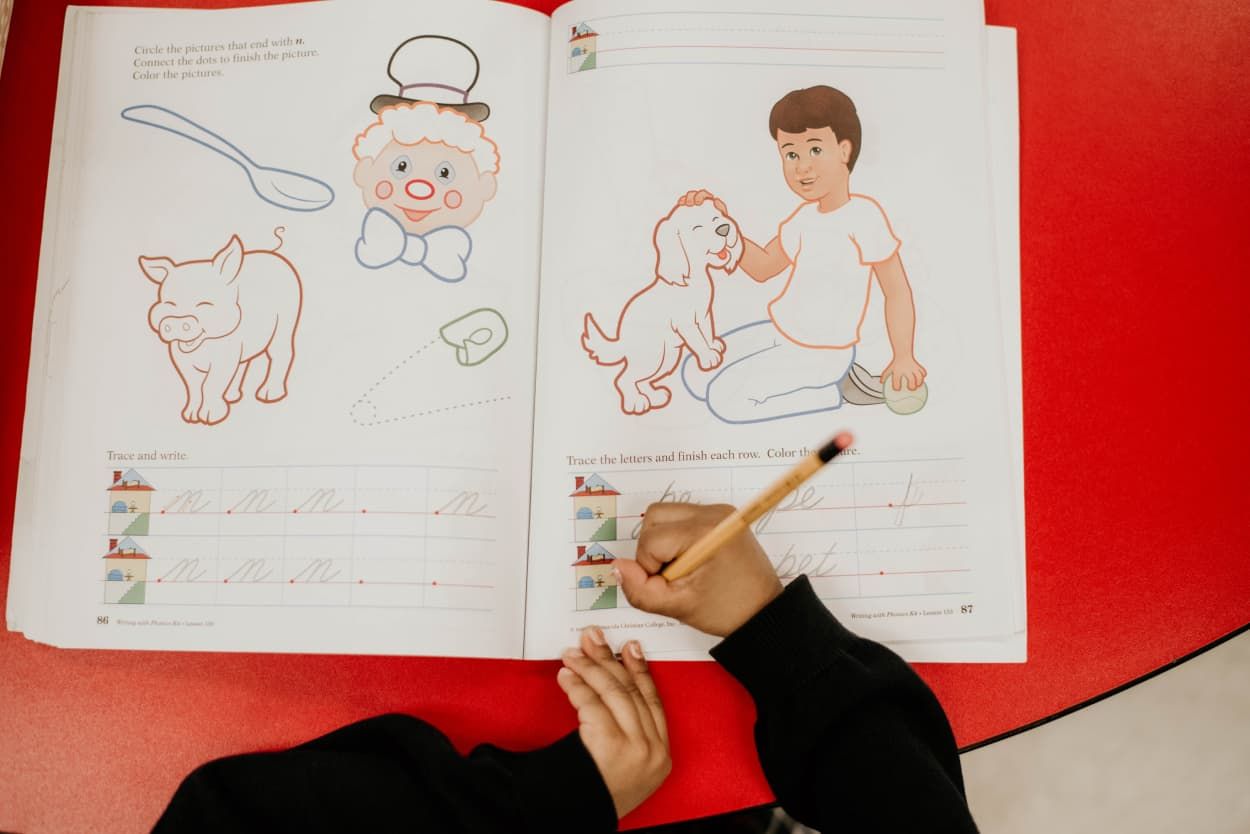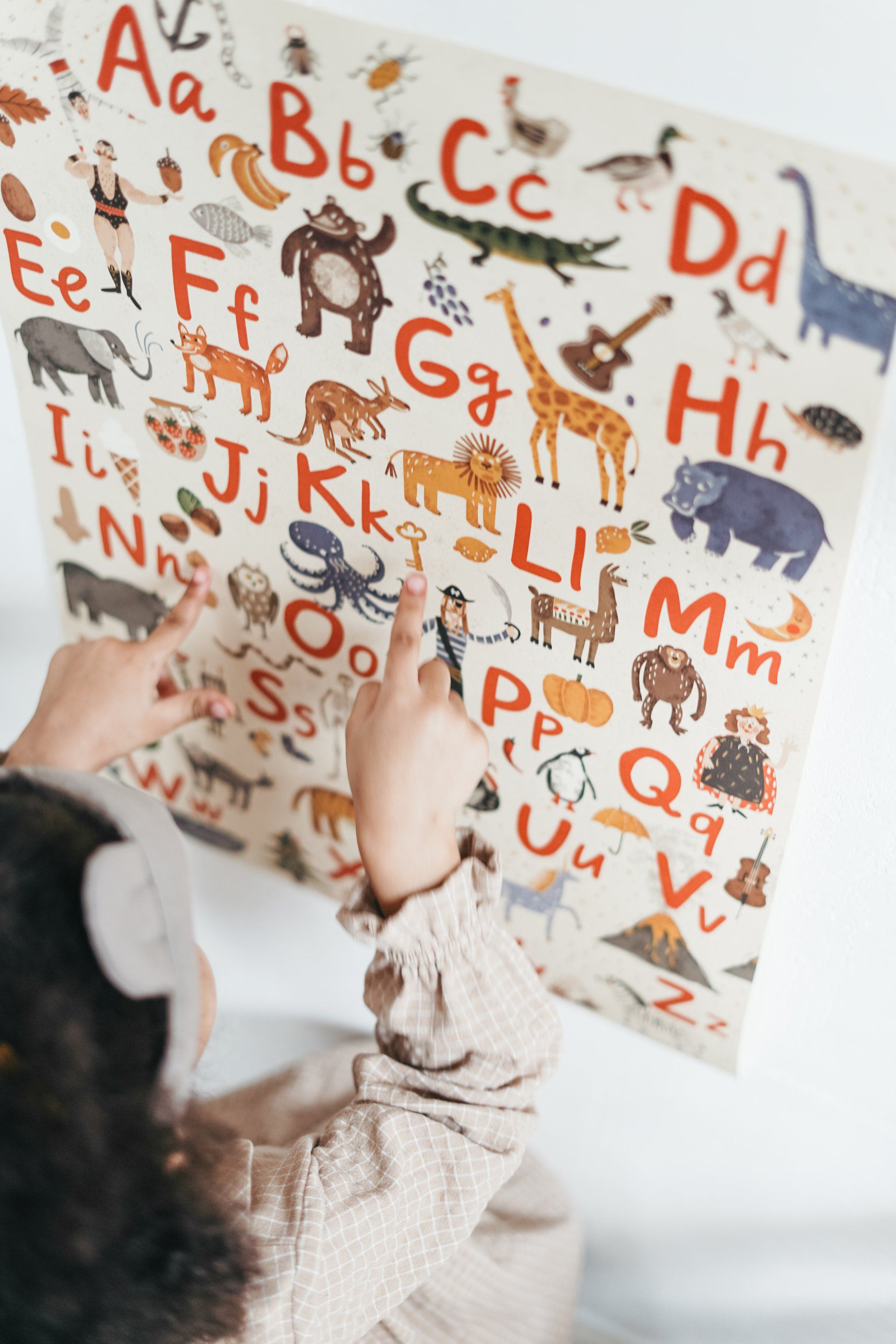How to Prepare Your Child for School Reopening
As the schools in Ontario gradually start to reopen after the pandemic, it’s important to prepare your child and ensure a stress-free and safe return to school.
Nothing has shaken the world in modern times quite like COVID-19. With lockdowns, safety measures and online classes, there’s been a lot of disruption in a young child’s life.
Now, after months of mandated school closures, kids are finally preparing for classroom learning once more. While going back to school after a summer break can always get a bit stressful, this year takes the cake.
For a smooth transition, here are six essential tips to help you and your children navigate back-to-school challenges in the post-coronavirus world.
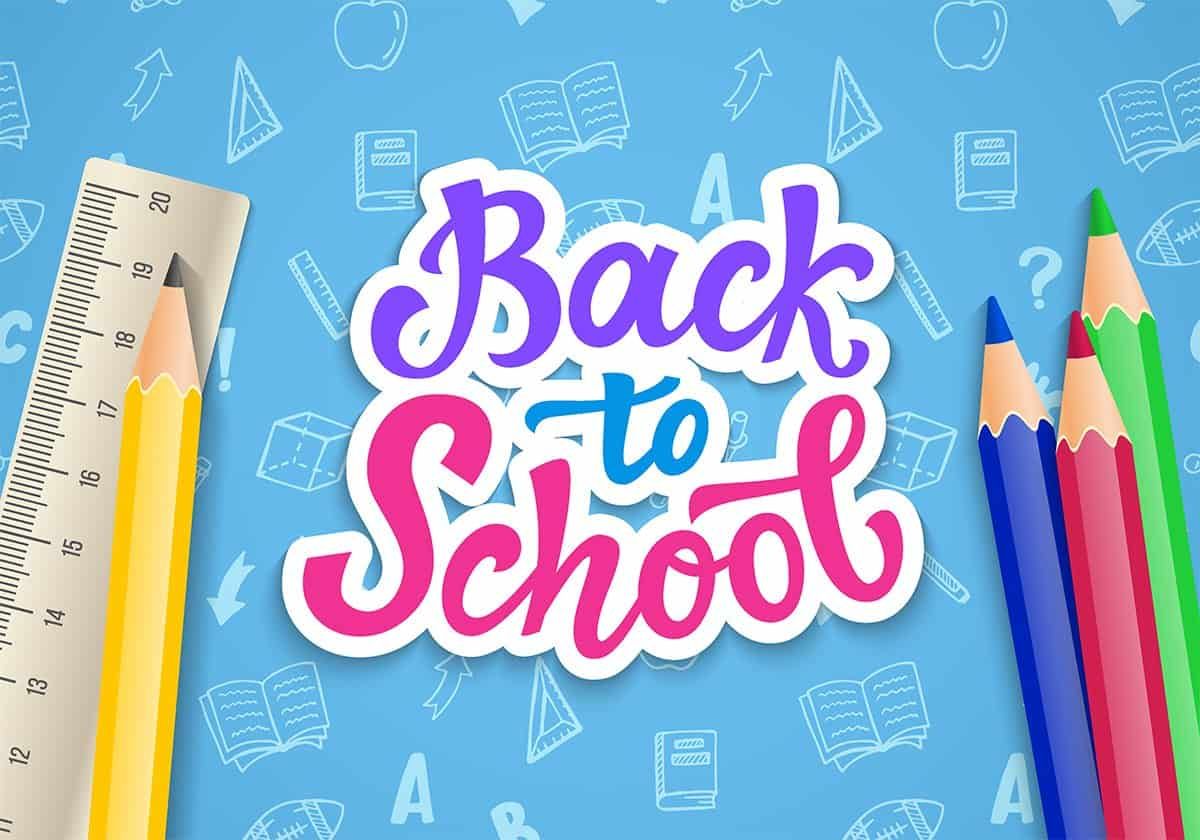
1. Have a talk with your child
No doubt, your child has heard conflicting information about the schools reopening. Talk with your child to understand how they feel about it. Like adults, their feelings can run the gamut from barely concerned about the virus to cautious but ready for some normalcy, to feeling nervous and even scared.
Keep in mind that most children are optimistic about life by nature. Left to their own devices, most won’t be very worried about COVID-19 or going back to school. However, if you or the other adults in their immediate environment have displayed a lot of fear and concern, they could feel very nervous about returning to the classroom.

Reassure them (and yourself if necessary) that the danger to children from the virus is very minimal. That is why school officials have decided to reopen in the first place. While it’s a good idea to be cautious about the virus, it’s also not healthy to live in fear.
However, if your child is afraid, make sure they know that you are open to hearing their concerns and do your best to focus on the positives.
2. Encourage your child to follow precautions
That being said, things won’t immediately go back to the way they were before COVID-19. The school will be calling for certain protective measures to help limit the spread of the virus.
These measures may include wearing a mask, social distancing, frequent handwashing, and others. Check-in with your child’s school to find out what precautions will be in place and start practicing them with your child a couple of weeks before school begins.
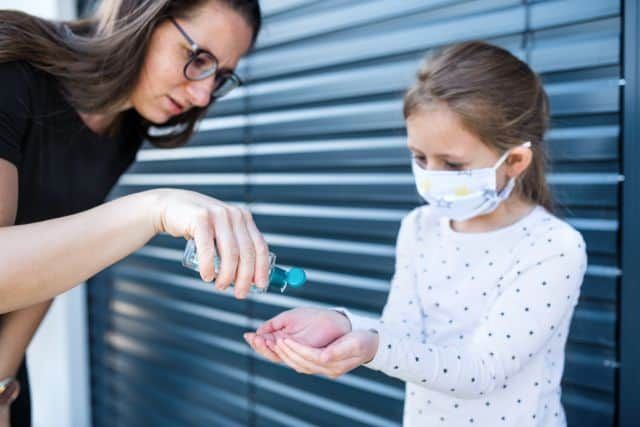
MCA has a strong policy on keeping our school a safe place for everyone. So, be sure to check with the school’s counsellor on what measures and precautions you need to take.
If your child feels nervous about wearing protective masks, try to approach this conversation with empathy. Reassure your children that this is for their own good and that lots of great people are working hard to make everyone safe. Emphasize that it’s important to follow all measures to take good care of themselves as well as other more vulnerable members of the community.
3. Help your child feel connected with friends
Children may find it difficult to be physically distanced from friends and teachers while at school. Try to encourage your children to think about other ways to bond and stay connected.
No doubt, your child is excited to see their friends in person again after so many months of being apart. However, they will still have to respect social distancing guidelines, and this won’t be easy — especially for young children.
While you should remind them that is important to follow the rules for everyone’s safety, it’s also important to help your children stay and feel connected to their peers.
Make sure to emphasize the positives – they will finally be able to see their friends and teachers (if they’re returning to on-campus learning). Also, point out the joy of learning new things with their peers to promote the benefits of returning to school.

In case your child continues with distance learning, help them not feel isolated. Your child may be anxious about being separated from his/her friends. Provide them with opportunities to interact with their friends through video chat or playing online games to help fill the void.
4. Find out how your child is coping
Check-in with your child regularly to see how they are doing and what they are feeling. It’s likely that they will experience a range of emotions and it’s important that you show them that it’s okay.
Be an empathetic sounding board and assure your child that they can talk to you about their feelings — whatever they are. They might experience fear, anger, sadness, or just feel unsettled in general.
Try to remain calm and limit making any negative comments about the situation, government or school measures, etc. Kids will take their cue from the adults in their lives, so if you are displaying positive emotions about the situation, this will help them to be more positive and optimistic about it as well.

Gently check in on how your child is coping and provide support. Help them express and communicate negative feelings. Some effective methods to help your child open up are through drawing or play. This can be a helpful way to prevent bottling up emotions and positive means for your child to convey how they feel and what they think.
5. Check the school’s website for guides and resources
No one is sure how things will go, and schools will have to follow public health guidelines in Ontario and the GTA as they change. Your child may start the year in the classroom but end up doing distance learning again if things don’t go well.
Check your school’s website to see their plan of action. Every school should have a reopening plan in place that covers all potential scenarios.
For example, at Mississauga Christian Academy we’ll be offering a combination of synchronous and asynchronous remote learning if the closure mandate is not lifted. If it is lifted, but with physical distancing measures in place, we will offer hybrid learning that consists of part in-school and part remote learning.
You can learn more about MCA’s reopening plan here.
If health officials allow schools to operate without physical distancing restrictions we will offer in-school learning, albeit with health and safety procedures in place.
According to our current plan, the school is due to reopen on September the 8th with parents having the option to choose between on-campus and online learning. We are fully committed to following all health and safety measures in line with Ontario’s guidelines to ensure a safe learning environment for our students as well as our teaching staff.
6. Begin the back-to-school routine before school starts
Begin reinforcing safety habits a few weeks before school starts. If your child is required to wear a mask or other protective gear, start getting them used to it at home. Teach them fun ways to measure the distance they should maintain from other people.
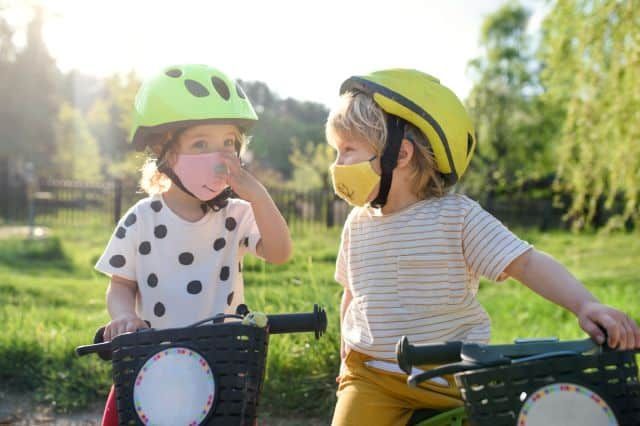
If they’ve gotten used to sleeping in over the summer, start getting them up at the time they’ll need to be up for school and eat lunch at the same time they’ll have their lunch break.
Make sure you practice these routines a week or two before the school starts for a smoother return. This will help get their brain and body on the right schedule and make it easier to get in the swing of things.
Conclusion
Whether your child is excited or nervous to return to school after the lockdown, the most important thing is to be positive and supportive. Ensure your child feels well, both physically and mentally with good communication, by following health precautions and helping them adjust to the new situation.
Rebuilding your child’s confidence and motivation after school lockdown will be a gradual process. Work together with your child as well as the school to create a positive atmosphere. We can all make the best of a difficult time and ensure that your child gets the education they deserve.
Looking for a private kindergarten or elementary for your child? Here at Mississauga Christian Academy, we are accepting applications for all our school programs. Sign up for a school tour today to see what we’re all about!
